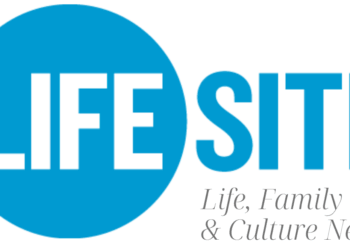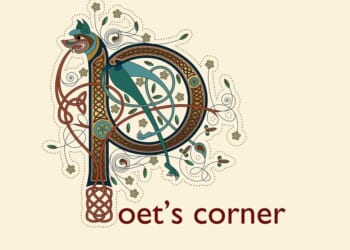
Reformation Day commemorates Martin Luther’s bold act of posting his 95 Theses to the church door in 1517, sparking a movement that reshaped the world.
While we shouldn’t expect anyone to march up to a public school district office with a hammer and parchment, a new kind of reformation is already underway in America’s classrooms.
The modern-day reformers? Parents.
Over the past few years, families have led an educational reformation driven by one simple conviction: their students deserve learning environments that reflect their values and meet their needs.
Private school choice, specifically universal school choice, has fueled this transformation.
Since 2021, a wave of states, including West Virginia, Arizona, Florida, Arkansas, and 15 others, have enacted universal Education Savings Account (ESA) programs, empowering all parents to direct their children’s education funding toward the learning setting that best fits their needs.
The impact has been remarkable. Today, more than one million students nationwide are using some form of private school choice program. Homeschooling, too, has increased, now serving nearly 6% of students nationwide, a notable increase since 2020. Meanwhile, traditional public schools have seen steady enrollment declines.
While part of that reflects demographic shifts, it also signals something deeper: parents are exercising their right to choose.
In Florida, over half of all K–12 students now participate in some form of educational choice — whether that’s private school choice, magnet schools, charter schools, or home-based learning.
That is what a healthy educational marketplace looks like: families making decisions based on what works best for their children, not schooling based on your ZIP code.
But there’s still a gap between what parents want and what’s available.
According to EdChoice’s 2025 Schooling in America Survey, only about one-third of parents would prefer to send their children to public schools if money and access were no obstacle, yet roughly 80% do so because they lack alternatives.
That disparity represents both a challenge and an opportunity, especially for the Church.
The late Pastor Voddie Baucham once said, “We cannot continue to send our children to Caesar for their education and be surprised when they come back as Romans.”
Public schooling remains a viable and sometimes necessary option for many families, but Christian families are increasingly aware of the challenges their children face in a fallen world with peer pressure, moral confusion, and the overwhelming influence of social media. Parents often imagine their kids as little missionaries in secular classrooms, but too often, the opposite happens: the world does more discipling than the Church.
This is where the church can and must step in.
While we don’t yet have a definitive count of Christian schools participating in school choice programs, anecdotal and state data suggest they form a substantial portion and remain a largely untapped force for expansion.
That’s encouraging, but it’s only the beginning.
As more parents seek faith-aligned learning environments, the Church has an extraordinary opportunity to meet that need through creative and sustainable education models.
It doesn’t have to mean building a full-scale K–12 private school overnight. Churches can start smaller: micro-schools, learning centers, hybrid programs, or homeschool co-ops, all of which can operate at lower costs and greater flexibility than traditional private schools. These models allow congregations to disciple children not just on Sundays, but several days of the week, combining academics with biblical truth.
Proverbs 22:6 reminds us, “Train up a child in the way he should go, and when he is old he will not depart from it.”
Yet today, most children spend roughly 35 hours each week in a school environment learning, socializing, and forming worldviews and spend only a few hours a week at church. If discipleship happens where time is spent, what better place than the classroom to reinforce truth and character?
The classroom has always been one of the most powerful mission fields. The question now is whether the Church will reclaim it.
The education reformation already underway is parent-led, and it could be Church-sustained. Families are searching for Christ-centered education, and the Church has the people, space, and calling to answer that need.
So, this Reformation Day, as we remember a movement that reshaped faith and culture, let us consider how God might be calling His Church to lead another movement — one classroom at a time.
Nathan Sanders is Policy and Advocacy Director at EdChoice, a nonprofit, nonpartisan organization working to advance educational freedom and choice for all students as a pathway to successful lives and a stronger society.
















